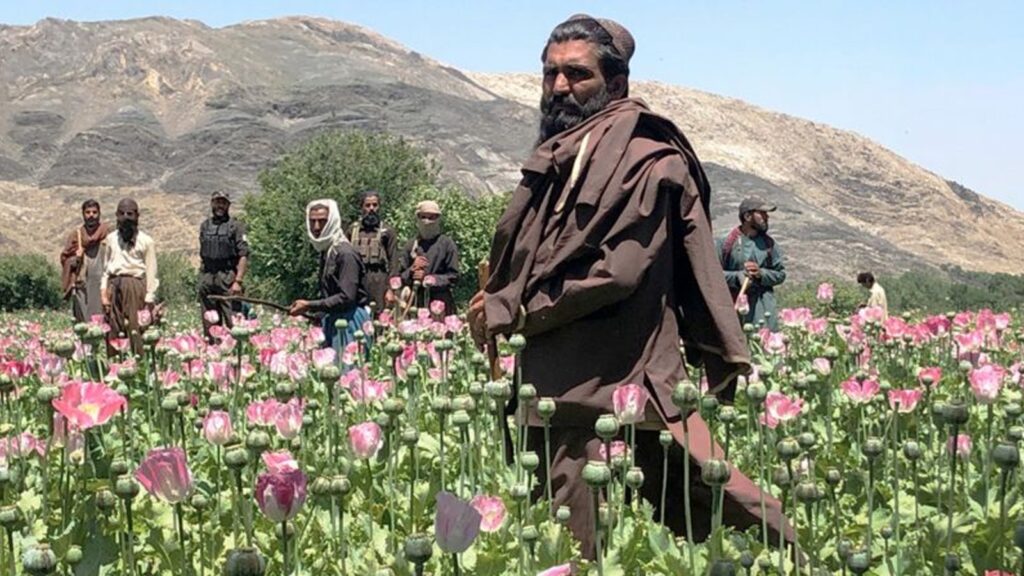Despite public claims and international praise, the Afghan Taliban-led government’s so-called anti-narcotics campaign appears to be a carefully staged show for global audiences. While a few areas are highlighted to demonstrate poppy eradication, in many other parts of the country—particularly in Taliban-controlled or militant-influenced regions—poppy cultivation continues unchecked.
Sources suggest that militant groups, some with ties to regional and transnational networks, are openly funded through the drug trade. These groups benefit from the government’s selective enforcement and even protection in certain zones. The strategy seems aimed at gaining international legitimacy while continuing the very drug trade that finances instability across the region.
In a recent meeting, Afghan Foreign Minister Amir Khan Muttaqi urged international support for “alternative livelihoods” for farmers. Yet critics argue these narrative masks a deeper issue: the Taliban lacks a uniform national anti-drug policy and instead allows production in regions where it suits their financial or political interests.
While the UN Office on Drugs and Crime (UNODC) recognized efforts by Kabul, experts warn these are mostly symbolic. Without real enforcement across the country, and as long as drugs remain a source of income for armed factions, the fight against narcotics will remain hollow and hypocritical.
Afghanistan’s narcotics problem will not be solved by media optics and selective field visits. As long as poppy fields flourish under militant protection in many regions, the so-called anti-drug policy is little more than propaganda.





